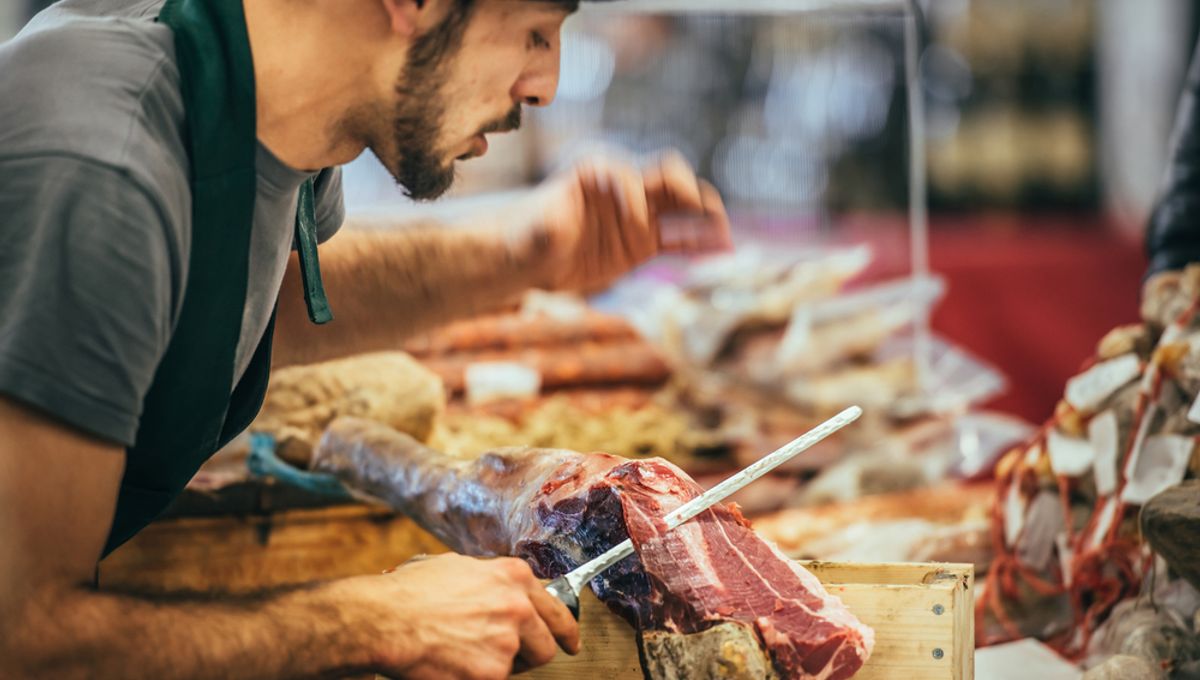
Italy is eyeing up the prospect of banning lab-grown meat in a bid to safeguard the country’s rich food heritage and, in their words, protect their citizen’s health. However, the proposal has already generated some criticism from folks concerned with sustainability and food security.
Italy’s Minister of Agriculture, Francesco Lollobrigida, led the call this week, taking to Twitter to say: “Italy is the first nation free from the risks of synthetic foods. A courageous result from the Meloni government, a strong stance in favor of the many traditional producers, besieged by a few increasingly unscrupulous multinationals.”
“In defense of citizens’ health, of our production model, of our quality, of our culture, simply our FOOD SOVEREIGNTY,” he added.
The Italian government has backed the bill, which would outlaw lab-grown meat and other synthetic foods. If the proposal gets through parliament, Italian industry will not be allowed to produce food or feed “from cell cultures or tissues derived from vertebrate animals”, Reuters reports.
Under the bill, anyone caught breaking the lab-grown meat prohibition could reportedly face a fine of €60,000 (approximately $65,022).
The populist right-wing government of Italy has made a point to protect and promote the country’s world-famous food traditions. If a lab halfway across the world can simply grow some perfect prosciutto in a Petri dish, it could no doubt call into question the value of the real deal.
However, health is also being cited as a motive behind banning lab-grown meat. There’s currently some debate around the safety of lab-produced meat products. On the one hand, some believe it could be safer as it reduces the risk of food-borne pathogens. Alternatively, there are many unknowns about this new technology and its potential impact on health and nutrition.
As it stands, however, there’s no evidence to suggest that lab-grown meat is any more dangerous than conventional meat. Regulators in the US have agreed that food made from lab-grown culture is safe for humans to consume.
It is more certain that lab-grown meat does have the potential to be more ethical and environmentally friendly than farmed meat. As such, Italy’s proposal has been criticized by some NGOs concerned with food sustainability.
“The passing of such a law would shut down the economic potential of this nascent field in Italy, holding back scientific progress and climate mitigation efforts, and limiting consumer choice,” Alice Ravenscroft, Head of Policy at the Good Food Institute Europe, said in a statement.
“It could prevent Italian scientists from undertaking crucial work, and ban Italian cultivated meat startups from existing at all. Italy would be left behind as the rest of Europe and the world progresses towards a more sustainable and secure food system. And the 54% of Italians who already want to try cultivated meat would be banned from doing so,” Ravenscroft explained.
“The government should let Italians make up their own minds about what they want to eat, instead of stifling consumer freedom,” she added.
Meanwhile, the push towards lab-grown food is gaining momentum. Just this week, an Aussie company took lab-cultured food to the next level by using prehistoric DNA from a mammoth to make mammoth meatballs.
The prospect of spaghetti and mammoth meatballs, unfortunately, is now looking unlikely.
Source Link: Italy Is Looking To Outlaw Lab-Grown Meat To Protect Its Food Heritage